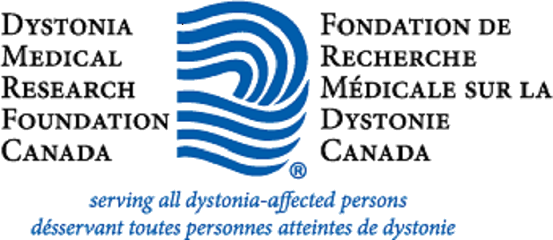Children over the age of seven are eligible for lesioning and DBS, although the longer one waits, the less brain and skin growth will occur after the operation. However, there is little data available about long-term effects of DBS and how a child’s development may affect the hardware. Steps can be taken during surgery to ensure that the apparatus can accommodate the child’s growth. Children and adolescents may be at a slightly higher risk of complications from DBS because general rather than local anesthesia is often used during implantation and post-operatively children are more likely to engage in rough play that may affect the hardware.
Surgery does not necessarily have to be considered only as a last resort. Certainly, if an individual is satisfied with how symptoms respond to a less invasive treatment such as botulinum toxin or medications, there is no need to consider brain surgery. However, especially in children, early intervention may significantly improve quality of life. The benefits of brain surgery include more than improved mobility—a child’s ability to function comfortably at school (both academically and socially), to make friends, and to be active are important factors to consider. In both children and adults, brain surgery can drastically improve pain, which is often a major component to a person’s quality of life.
